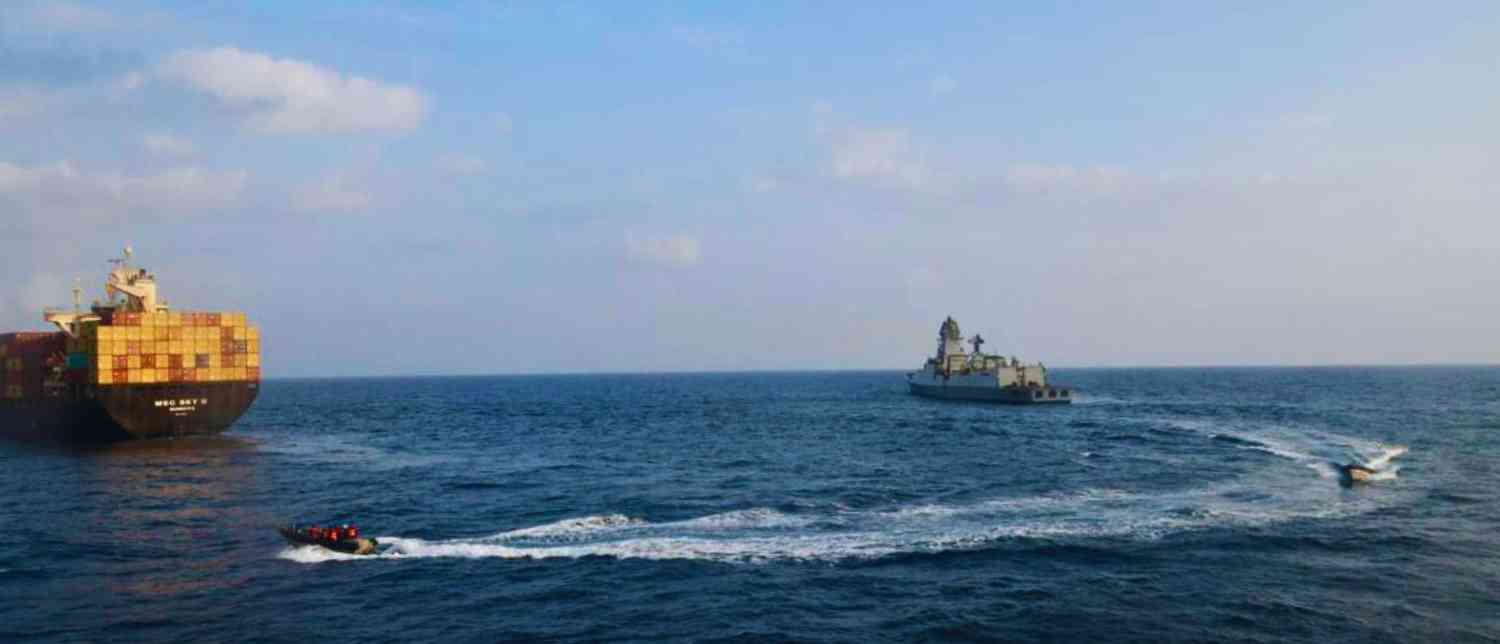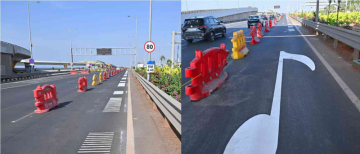A cargo ship sailing through the dangerous waters near Yemen was hit by a missile on Monday, leaving two people injured and forcing the entire crew to abandon the vessel. The attack once again highlights the growing dangers of shipping in the Red Sea and nearby waterways, where global trade routes are caught up in the middle of regional conflict.
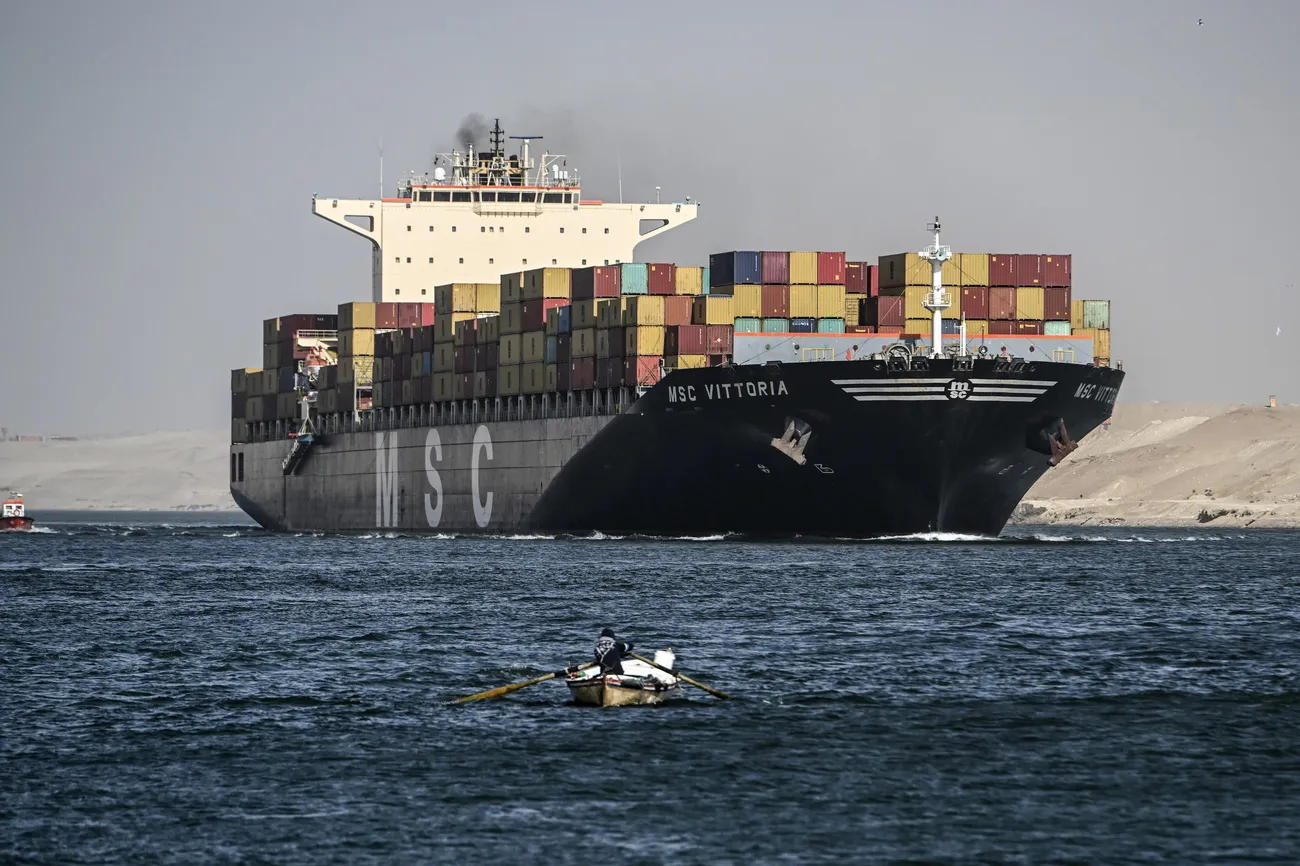
According to maritime security organisations, the ship was struck while moving in the Gulf of Aden, not far from Yemen’s coast. After the attack, two crew members were seriously injured, and urgent medical attention was needed. While all sailors were evacuated, the condition of the ship remains unknown as it drifted without active control after the strike.
The vessel’s flag, route, and ownership details have not been officially disclosed, but officials monitoring the region believe it could have been a merchant cargo carrier linked to international trade. The fact that the crew had to abandon the vessel indicates that the damage was severe enough to make further sailing unsafe.
This is not the first time ships have come under fire in the Red Sea and Gulf of Aden in 2024–2025. Over the last year, several commercial tankers and carriers have been targeted by missiles and drones, especially after Yemen’s Houthi rebels began attacking vessels they claim have ties to Israel, the United States, or their allies.
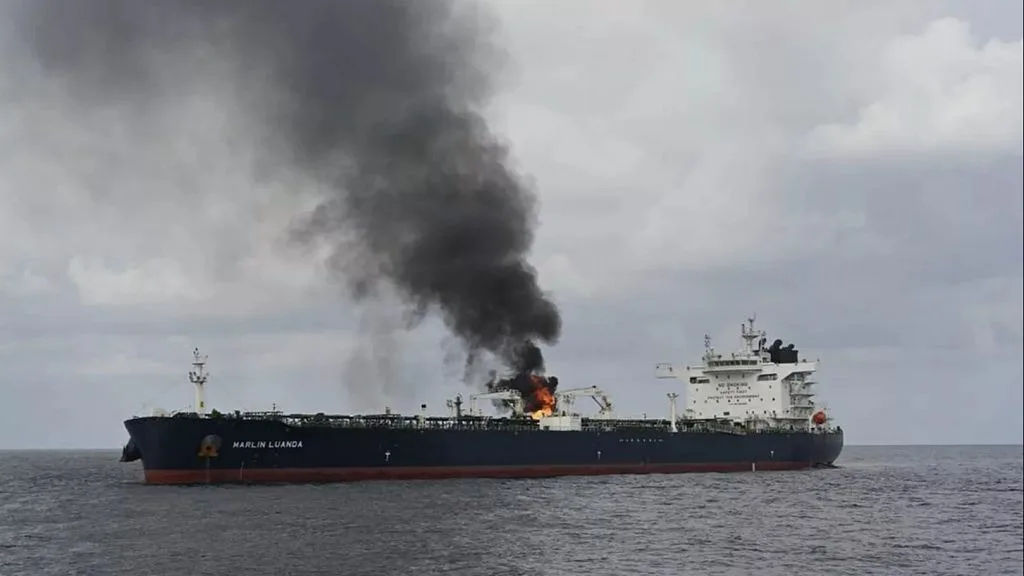
The rebel group, which controls parts of northern Yemen, has repeatedly said that such strikes are meant to pressure countries over the war in Gaza. However, many of the ships attacked have had little or no direct connection to the conflict, raising alarms about how safe global trade really is along this route.
Almost 12 percent of the world’s trade passes through the Suez Canal, which is directly connected to the Red Sea. If ships are forced to avoid this region due to security risks, many journeys could become longer, costlier, and more difficult, as vessels would need to travel around the southern tip of Africa.
Although the attack has not been officially claimed, reports from naval security forces in the region suggest that Houthi rebels are the most likely suspects. They have launched dozens of strikes on cargo and tanker ships since late 2023.
International naval coalitions, including those led by the United States, Britain, and the European Union, have been escorting vessels through these troubled waters. But the sheer geographical size of the area makes it very difficult to protect every ship. Missiles and drones fired from Yemen can strike from long distances, leaving little time for crews to stop them.
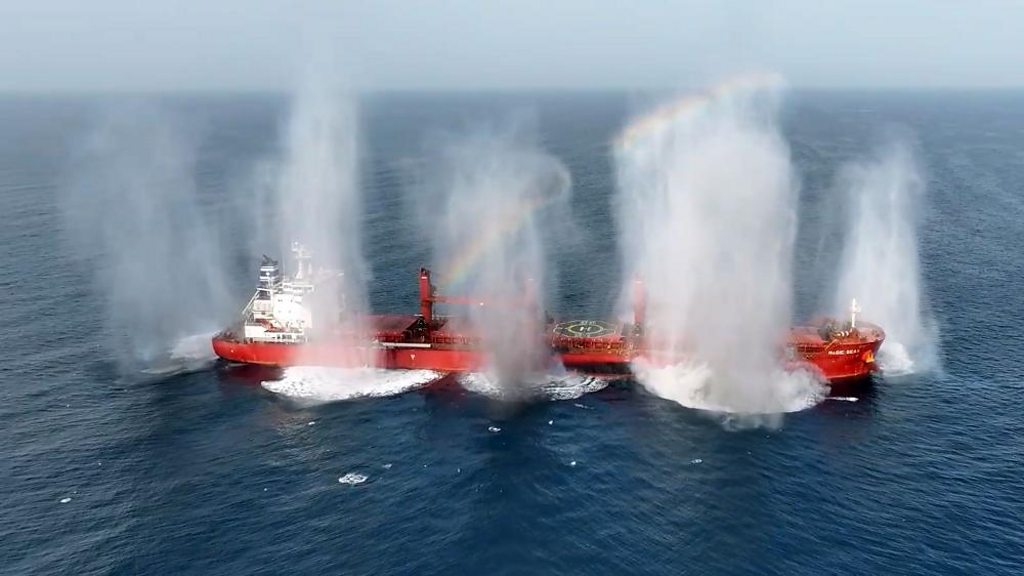
Shipping companies are already facing a tough choice. Sailing through the Red Sea is risky, but taking longer routes adds heavy fuel costs and delays deliveries by weeks. For example, many container ships delivering goods from Asia to Europe have begun to avoid the Suez Canal route altogether.
This heavily affects the global economy. Prices of key products, from electronics to clothes, may rise in the coming months if the security problem persists. Oil and gas tankers are especially at risk, which could cause energy costs to increase as supplies are disrupted.
Amid all these financial and security issues, it is the sailors onboard these vulnerable ships who face the greatest danger. Monday’s incident reminds us that crew members are often trapped in risky situations beyond their control. Injuries, psychological trauma, and the fear of being stranded at sea continue to affect thousands of seafarers working in the area.
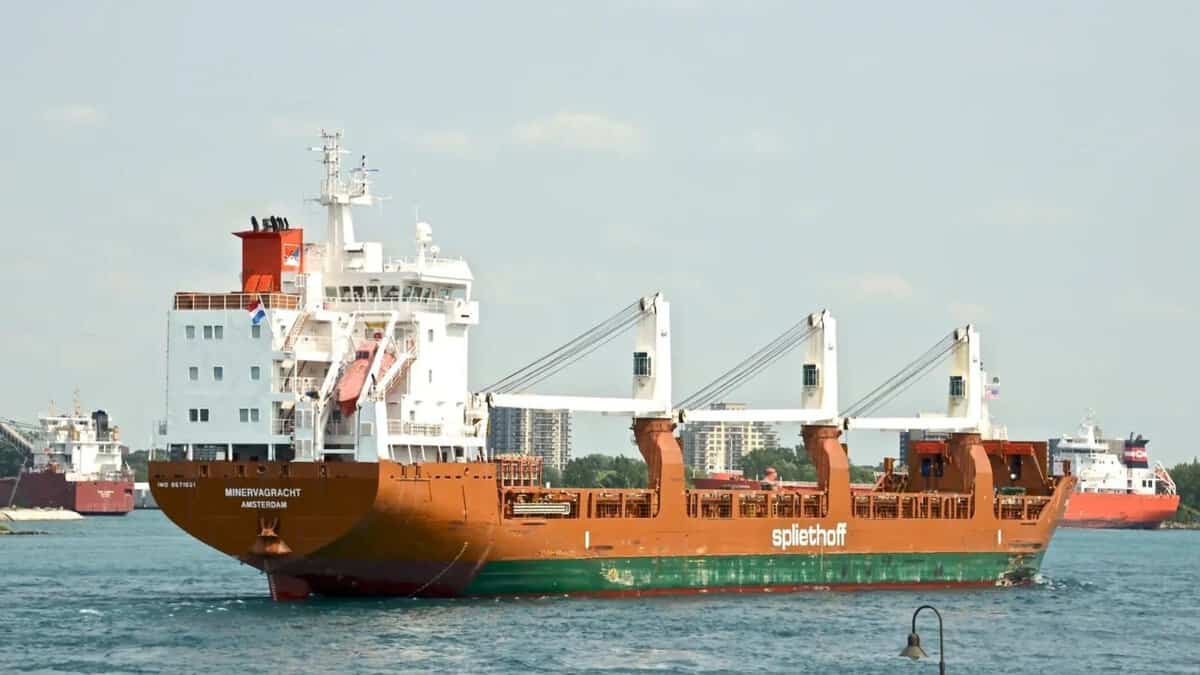
The International Maritime Organisation (IMO) has urged all nations to come together to protect commercial shipping. Experts believe that stronger coordination, better intelligence sharing, and stricter security measures for all vessels are urgently needed to reduce such attacks.
The latest strike shows that the Red Sea crisis is far from over. Until a political solution is reached in Yemen and the wider Middle East, merchant ships are likely to remain potential targets.
For now, global trade continues to balance between efficiency and safety, while crews face life-threatening dangers at sea. As one maritime analyst put it recently, “The world needs these ships. But right now, the people onboard are paying the heaviest price.”
With inputs from agencies
Image Source: Multiple agencies
© Copyright 2025. All Rights Reserved. Powered by Vygr Media.

